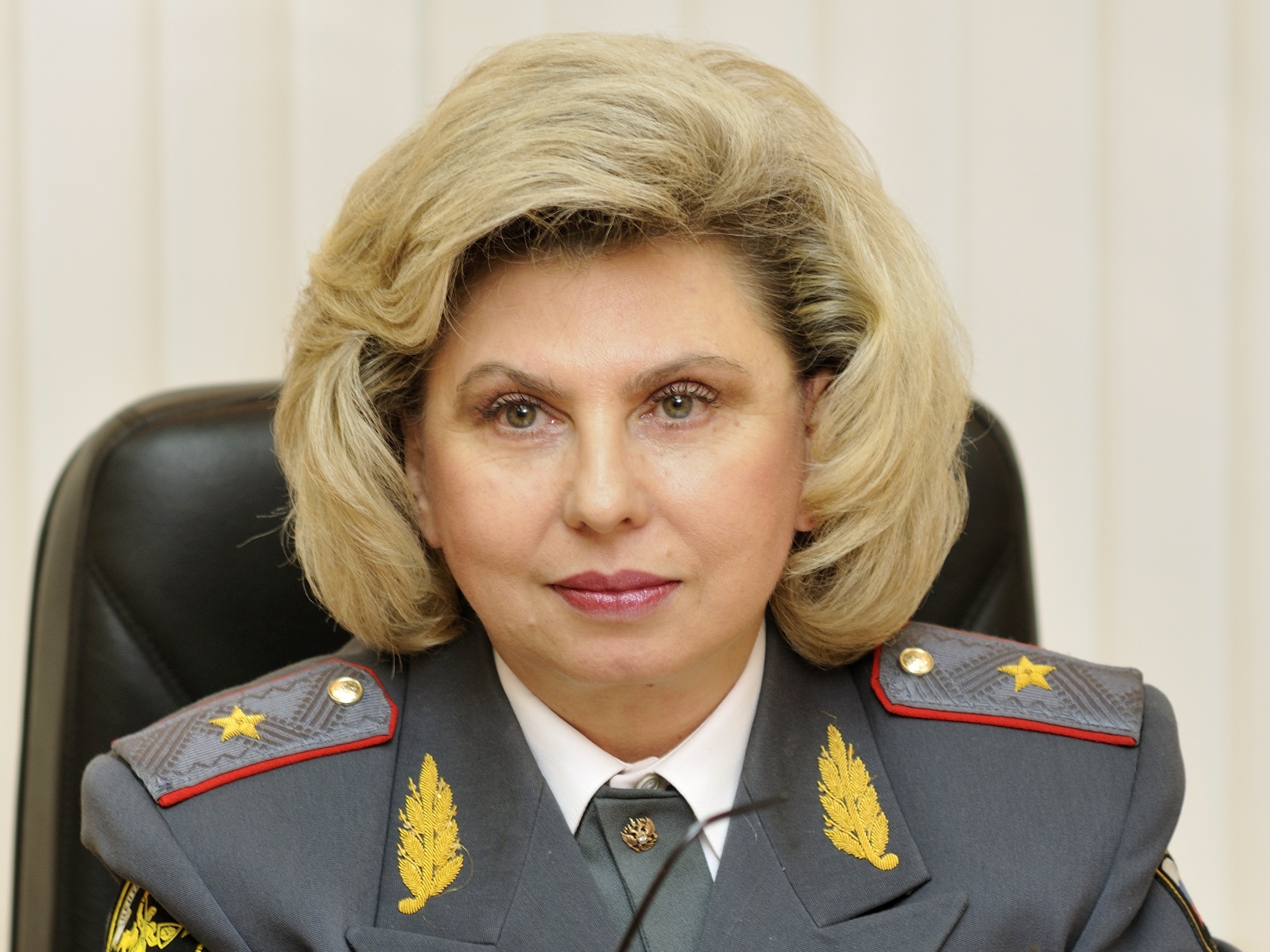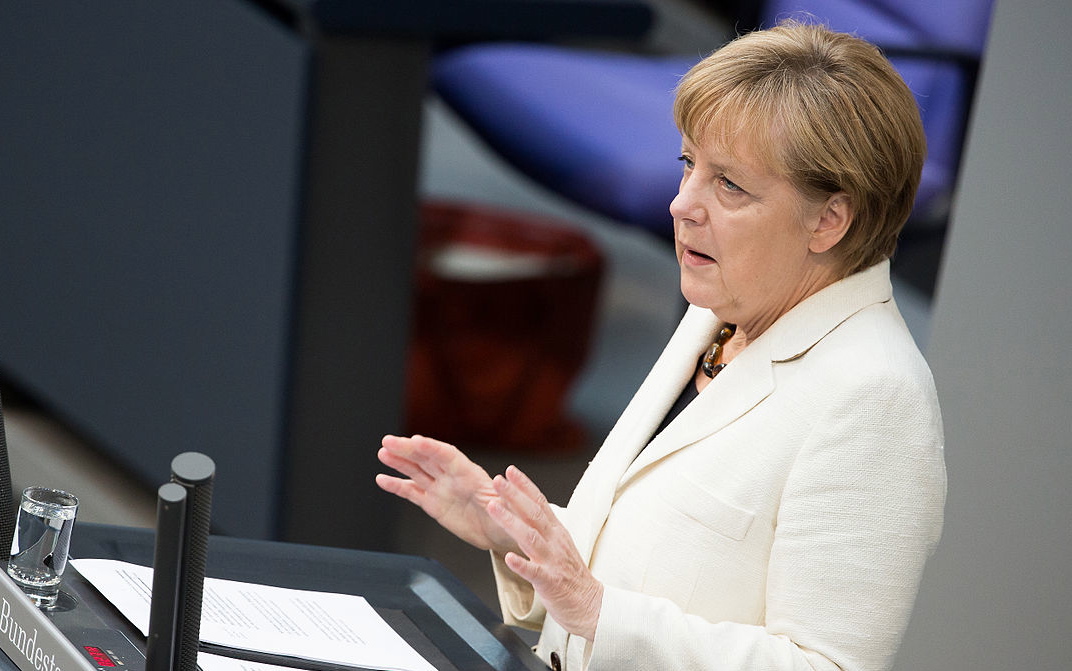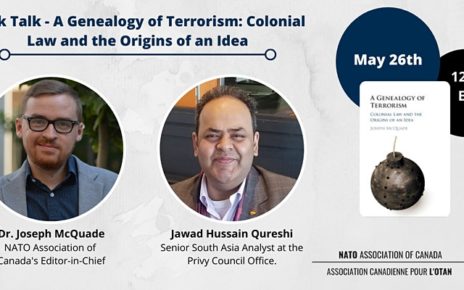Last month, Russian parliament appointed Tatyana Moskalkova, a former police general, as the country’s human rights ombudsman. Moskalkova’s appointment was criticized by the Russian opposition and human rights groups due to her police work and lack of any human rights activist experience. She worked in the Soviet and then Russian police force for more than two decades where she rose to the rank of major general of the Russian Interior Ministry before she retired and became a member of the Russian parliament in 2007.
In her appointment speech, Moskalkova declared that her main goals will be defending rights of ethnic Russians abroad and resisting Western attempts to use human rights as a tool of subversion. Moskalkova said that “Russian schools have been closed. The basic rights of Russian citizens living abroad – political, social, economic, and other rights – have been infringed. The human rights ombudsman should take up this problem. Compatriots living abroad are in need of our protection.” She also added that “Western and American agencies are actively using human rights as the means of blackmailing, insinuating, threatening, pressuring, and destabilizing Russia. A human rights ombudsman has enough tools to resist these attempts.”
Following her appointment, far-right member of Russian parliament, Vladimir Zhirinovsky, questioned Moskalkova’s ability and willingness to defend human rights in Russia. According to Zhirinovsky, “nowhere and nobody will nominate a former policeman to this post” and her appointment ‘“mocks the post of human rights ombudsman.”
Human rights activists also expressed their deep disagreement with the election. For example, Lev Ponomaryov, head of the For Human Rights movement said that “given her background, I don’t understand how we can communicate.” Another human rights lawyer and activist Elena Lukyanova said that Moskalkova doesn’t have a “human rights mindset, and a rank of general is incompatible with human rights activism.” The head of the Russian Committee Against Torture, Igor Kalyapin, also argued that appointing Mosklakova rendered the post of human rights ombudsman completely worthless.
Moskalkova has doctoral a degree in law and philosophy and wrote her thesis on “The Culture of Countering Evil in the Work of Law Enforcement Agencies.” During her 10 years in the Parliament, Moskalkova supported numerous bills aimed at increasing state control at the expense of individual rights and freedoms. In 2012, she proposed conscription of women aged 18. Later that same year, she supported the Dima Yakovlev Law suspending the activity of non-profit organizations which receive money from American citizens and banned American citizens from adopting children from Russia. During the trial of the punk rock group Pussy Riot in 2012, she proposed a bill criminalizing ‘assault on morality.’ And in 2015 she suggested renaming Russia’s Interior Ministry as the ‘Cheka,’ the name of the Soviet secret police that conducted mass purges under Stalin. In addition, Moskalkova proposed giving the police appropriate powers for restoring and preserving the country’s peace and security in the times of economic crisis.
Considering that the Kremlin controls the Russian Parliament, it would be hard to believe that Moskalkova was a random choice. What could be the reasons behind the Kremlin’s appointment of a major general as the human rights ombudsman? She promises to defend Russians in the Baltics and fight western subversion at home. This development could be interpreted as more political repressions in Russia and preparation for a new hybrid war abroad. Last time Russia ‘defended’ its compatriots it attacked Georgia, annexed Crimea and fueled war in Eastern Ukraine. Should the Alliance pay attention to Kremlin’s new policy? Will Russia’s new campaign have far-reaching consequences for international peace and stability?
Disclaimer: Any views or opinions expressed in articles are solely those of the authors and do not necessarily represent the views of the NATO Association of Canada.




